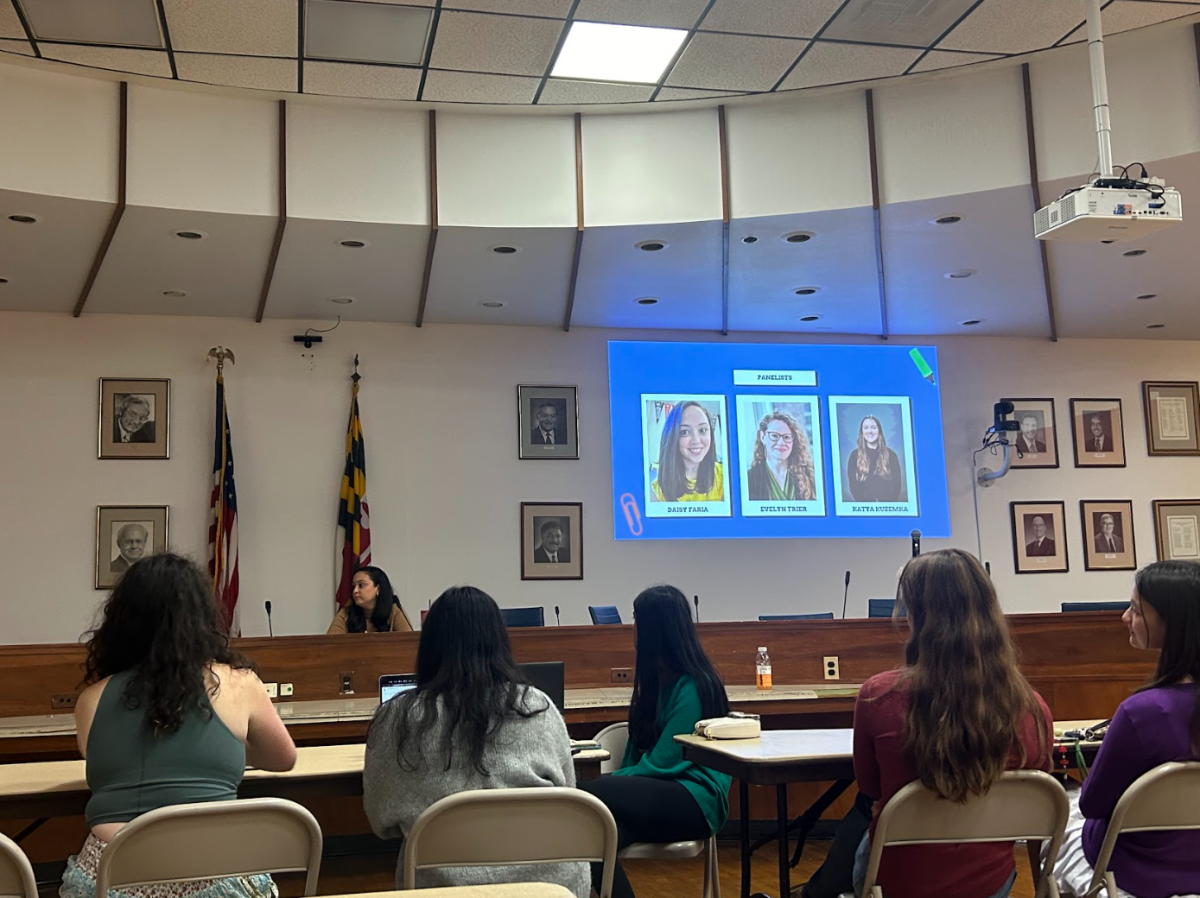New plans for National Institutes of Health graduate student housing in Bethesda’s Maplewood neighborhood have sparked backlash from the community’s residents.
The proposed plan would add 31 townhouses to the predominantly residential neighborhood, mostly filled with mid-size houses. The facilities will house 155 new residences, primarily students working at the NIH.
Community members worry that the character of the neighborhood will be compromised.
“The housing is not compatible with the neighborhood,” said Allen Myers, Maplewood Citizens Association President. “It’s predominately transit housing, so the students would only stay a short period of time.”
Citizens also contend that the housing doesn’t meet zoning requirements.
The Bethesda Chevy Chase zoning guidelines only allow for 24 houses to be built on the allocated land.
Still, NIH believes that the houses are beneficial, and necessary for their graduate program to function.
“Typically, graduate students have a community with whom they interact with. Living in a community, sharing ideas.” Dr. Krishna Balakrishnan, Foundation for Advanced Education in the Sciences executive director, said. “That’s missing at NIH.”
Balakrishnan also contends that the project will actually benefit the neighborhood as a whole.
“By building the housing, we are removing the uncertainty associated with the property. Land doesn’t just lie fallow. Instead of high-rises, we are building houses for a highly intellectual community,” said Balakrishnan.
Despite NIH needs, Myers still contends that the Maplewood location is not fit for the extra housing.
“This is a family oriented place,” said Myers. It’s not for students who plan to stay a few weeks or a month or a year.”







